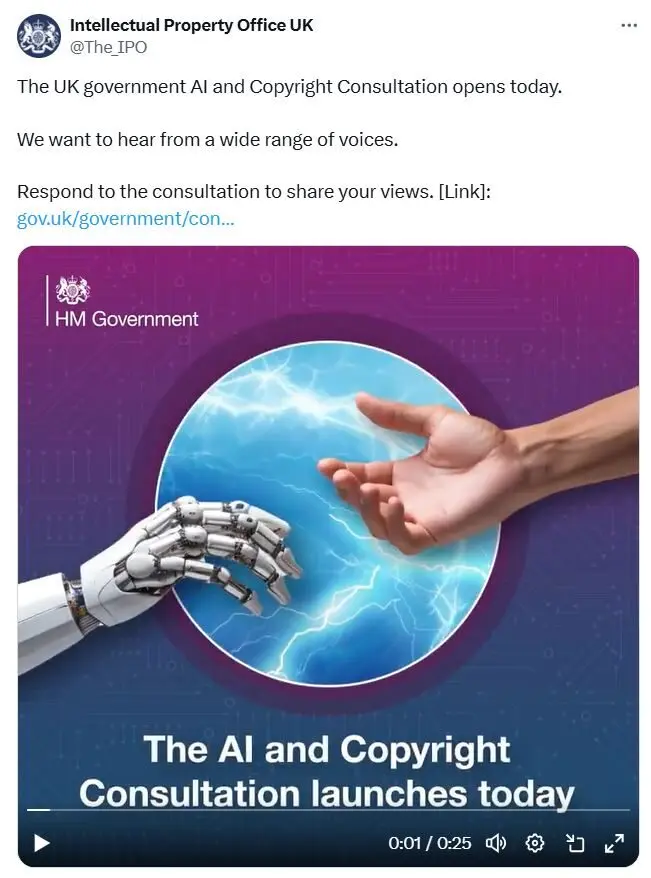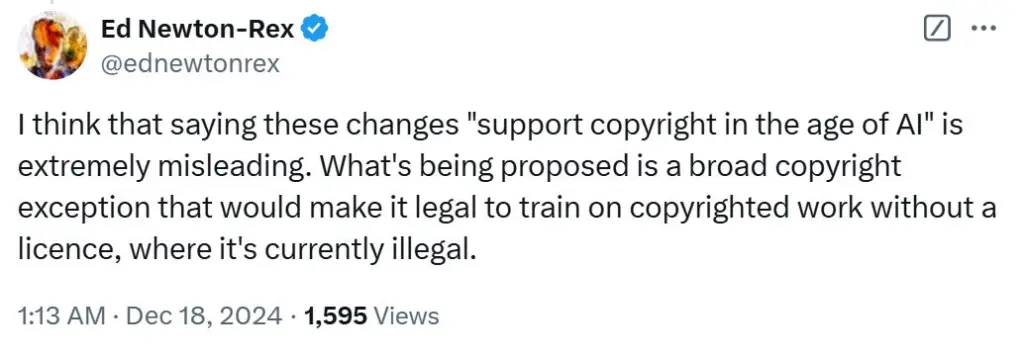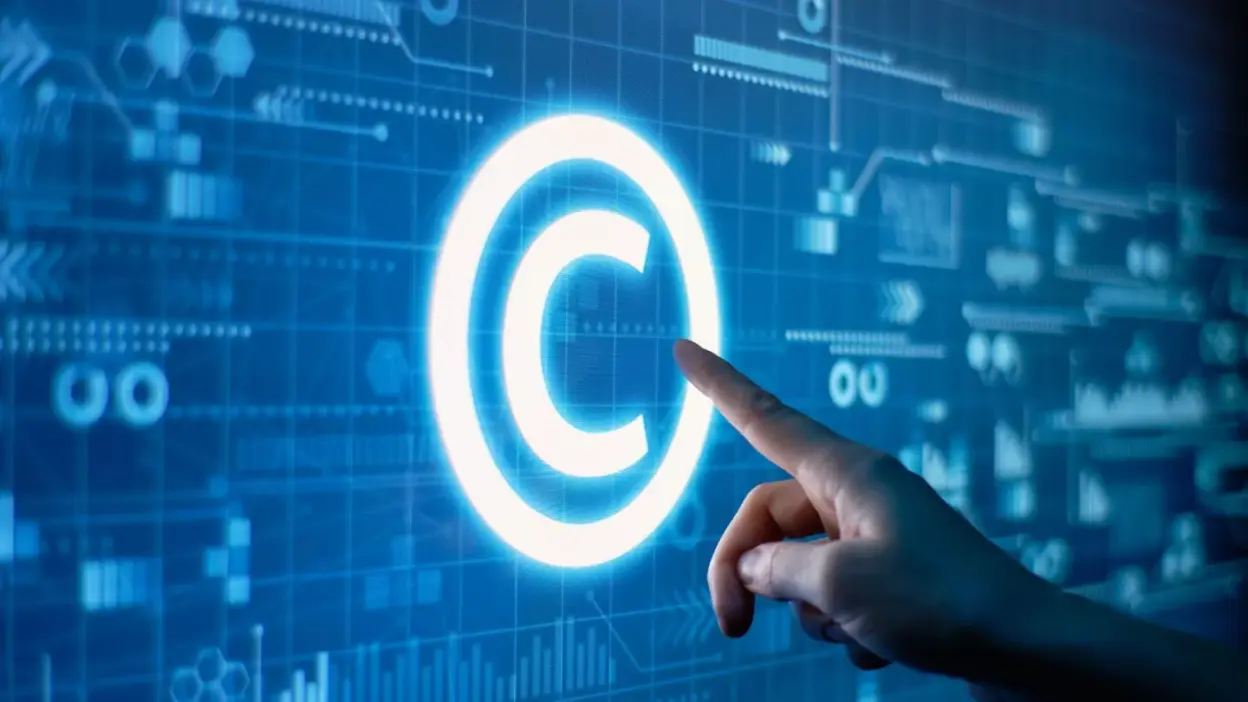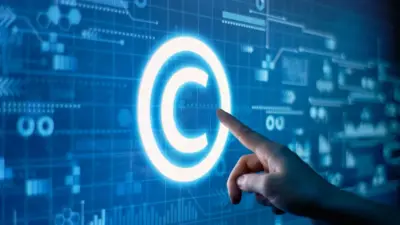The UK proposes allowing AI firms to use copyrighted material without permission in its AI and creative industry consultation.
A consultation with the creative and artificial intelligence industries has been initiated by the government of the UK to explore potential legal frameworks for the training of AI models on copyrighted material.
In the proposals released on December 17, the UK government proposed a variety of potential policies that the AI and creative industries could provide feedback on until February 25, 2025.
In a statement, Secretary of State for Science, Innovation, and Technology Peter Kyle stated that the full potential of both sectors is being impeded by uncertainty regarding the application of copyright law to AI.

“It is evident that our current AI and copyright framework does not enable our creative industries or our AI sectors to compete on a global scale,” he stated.
The UK’s consultation is being conducted in response to allegations that numerous AI companies have misappropriated intellectual property to train their models.
One of the four policy options would allow AI companies to use copyrighted material without the rights holder’s permission and allow commercial use for any purpose with few or no restrictions.
An additional alternative would permit organizations to employ copyrighted material to train AI models without restriction, provided that creative professionals and organizations declined to participate.
Another option is to bolster copyright laws by mandating licensing in all instances. This will ensure that companies can only train AI models with work for which they have a license and expressed permission.
The consultation also inquires whether the government should maintain the current laws. However, the agencies responsible for the consultation acknowledge that this would lead to “the current lack of clarity” for AI developers and copyright holders.
Proposals Are Disparaged By Creatives
Ed Newton-Rex, the CEO of Fairly Trained, a nonprofit organization that certifies AI companies that obtain licenses for their training data, stated that the changes to copyright laws would only benefit AI companies and “cause huge, irreversible harm to creators.” He is a British composer.
Newton-Rex stated that certain modifications are misleading due to the fact that a copyright exception would render it permissible to train on copyrighted work without a license, which is currently illegal.

Meanwhile, Owen Meredith, the chief executive of the News Media Association, stated in a statement on December 17 that the government’s consultation does not address the genuine issue, which is the necessity of robust enforcement and transparency requirements to safeguard the rights of creatives.
“At present, the law is not unclear; however, these proposals will only serve to obscure the matter and enable GAI firms to evade their obligations,” he stated.
According to Meredith, the government should prioritize the implementation of transparency requirements within the current copyright framework rather than proposing impractical systems like the ‘rights reservations’ or ‘opt-out’ regime.



